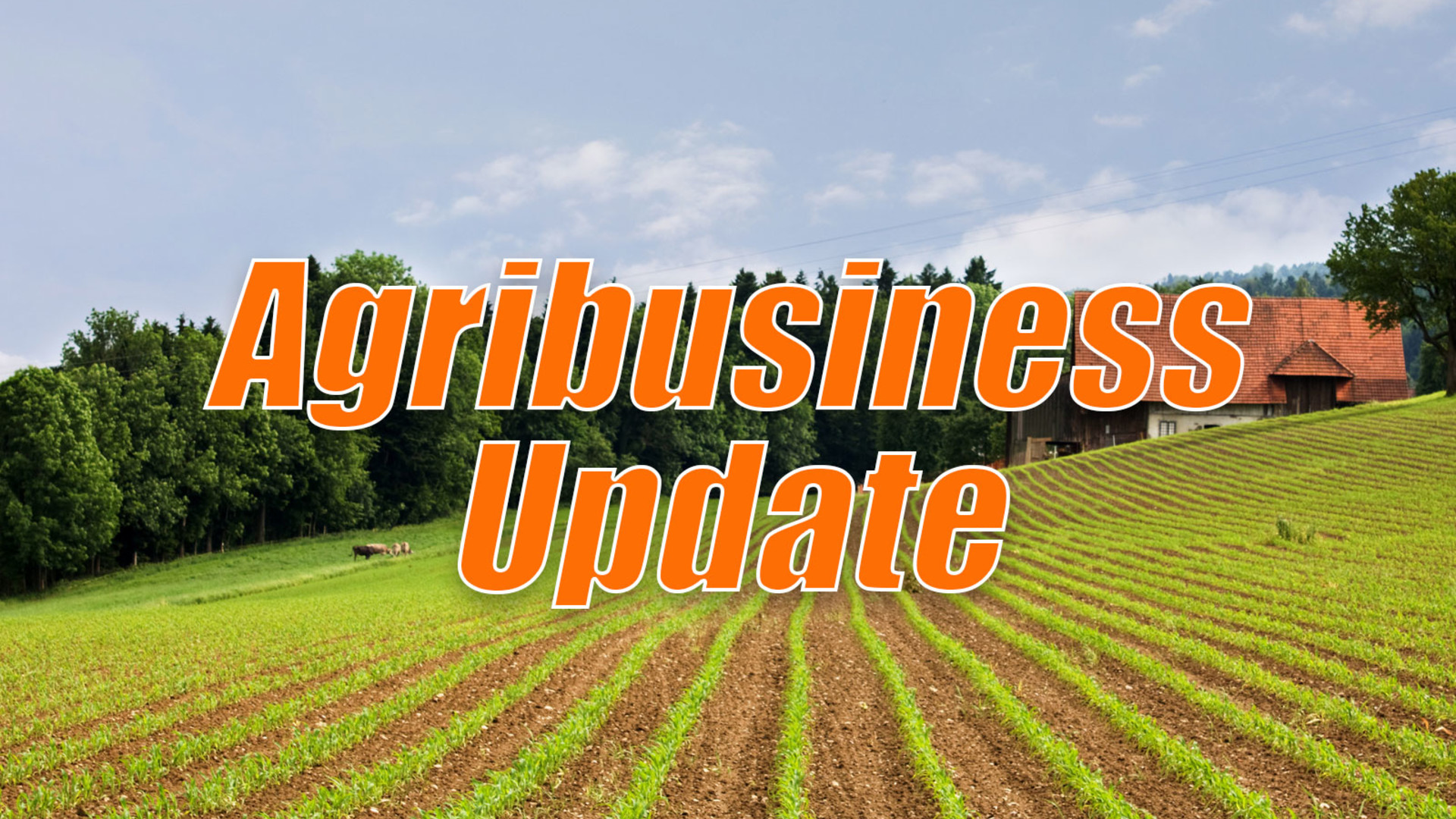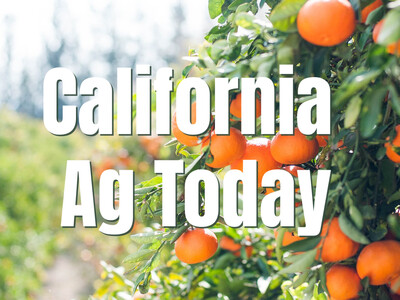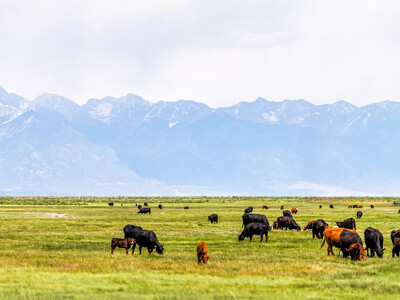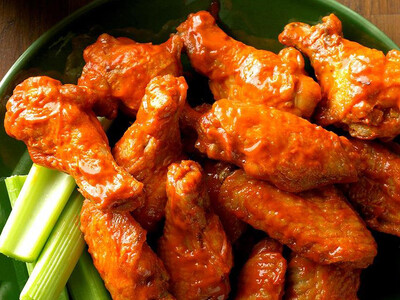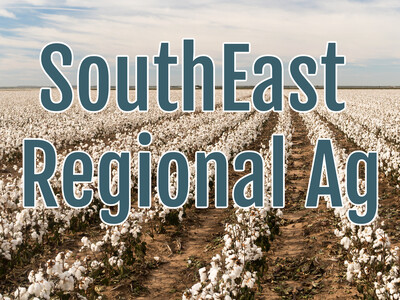California Peach Harvest and New Trade Deals Benefit Agriculture
From the Ag Information Network, this is your Agribusiness Update.**Mild July temperatures in California’s Central Valley were kind to peaches used for canning as farmers harvested their early varieties.
Growers were projected to supply around 224,000 tons of cling peaches to canneries this year, down slightly from last year.
But the California Canned Peach Association reported early yields were down roughly 12% from initial estimates.
Last summer’s extreme heat and an unusual winter and spring bloom pattern may have hurt some production.
##On July 1, a number of bills passed by the Georgia General Assembly went into effect, including legislation dealing with truck weights, pesticide labeling, the veterinary loan repayment program, and others.
With the General Assembly out of session until January, the annual Joint Chairmen’s Ag Issues Summit will be held at the Georgia National Fairgrounds Aug. 21.
The event will include discussions on issues relevant to agriculture and provide insight from industry leaders.
To RSVP, reach out to Rachel Whitted by Aug 8 at Rachel.Whitted@senate.ga.gov.
www.gfb.org/news/ag-news/post/ag-related-state-laws-take-effect-ag-issues-summit-set-for-aug-21/?utm_source=ConstantContact&utm_medium=Email&utm_campaign=GFBFieldNotes072325
**A series of new trade deals between the U.S. and countries around the world will directly benefit America’s farmers and ranchers.
Groups like the American Farm Bureau support the agreements, noting strong and enduring agreements help connect U.S. farmers and ranchers with global markets.
U.S. Grains Council President, Ryan LeGrand says these deals promise to build upon long-established trade partnerships, worth more than $1 billion in the 2023-24 marketing year.
**Four senators introduced the bipartisan Dairy Pride Act of 2025.
The legislation’s goal is to crack down on the unfair practice of mislabeling non-dairy products with dairy names.
The practice, like calling imitation products “milk” or “yogurt” that are actually from a plant, nut, or grain, hurts dairy farmers who ensure their products meet health standards and causes consumer confusion about the nutritional value of dairy versus imitation products.


